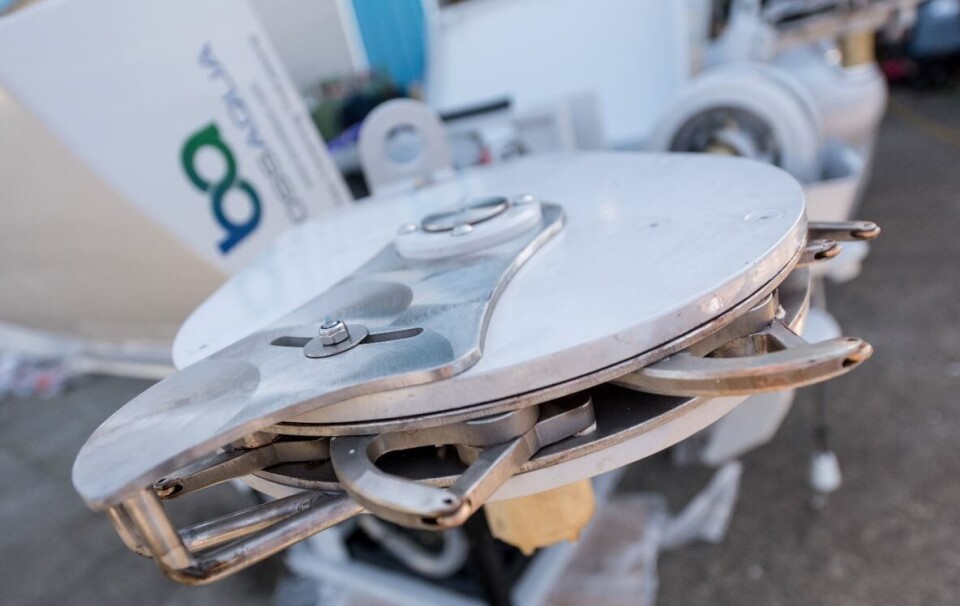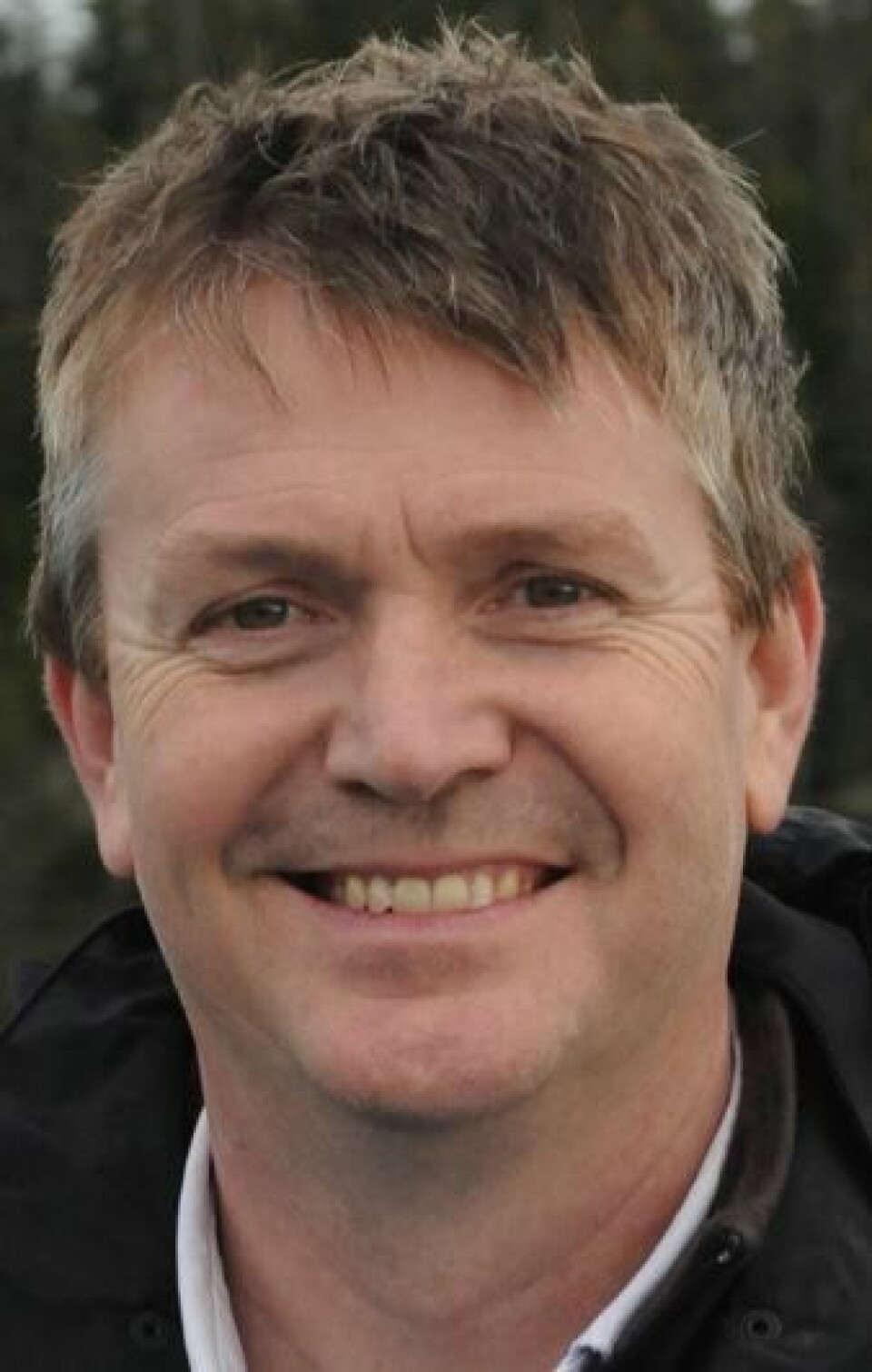
Trimara nets Loch Duart as first Scottish AutoBoss buyer
Stirling-based aquaculture solutions provider Trimara has sold a total of four AutoBoss net-washing robots to salmon farmer Loch Duart, it announced today.
The Sutherland and Uists company took delivery of its first machine in September last year and has since bought three more, Trimara said in a press release.
Loch Duart operations director Mark Warrington said: “The new AutoBoss technology complements Loch Duart’s other net cleaning methods seamlessly and has been easy to introduce to our farms. The whole experience, from initial investigations in Canada through to delivery, training and aftersales from the Trimara team has been outstanding.”

Training process
Trimara has sold the New Zealand-made machine to fish farmers in Canada, the United States and the Mediterranean, but Loch Duart is the first company in Scotland to buy the units.
“We offer a comprehensive commissioning and training process for operators and local mechanics and this approach has been a proven success,” said Trimara director Stewart Hawthorn, a former fish farmer.
“All our companies are repeat customers. We find when a company buys one unit, they end up buying more.
“By operating a tandem Boss solution in their Sutherland and Uist sites, Loch Duart has achieved an increase in productive net washing and a further cost savings. We have very much enjoyed supporting Loch Duart in establishing the Boss as their net-cleaner of choice.”
Fuel saving
Trimara claims the self-guiding AutoBoss concept stands apart from current net washing approaches because of a focus on efficiency and automation.
The self-contained unit, weighing 1000 kg, uses hydraulically driven thrusters to hold the unit on to the nets, so the only job of the high-pressure water pump is to deliver the cleaning power of a much larger machine.
Trimara says the small diesel engine’s fuel consumption of 11 litres per hour is a huge saving for farmers.























































